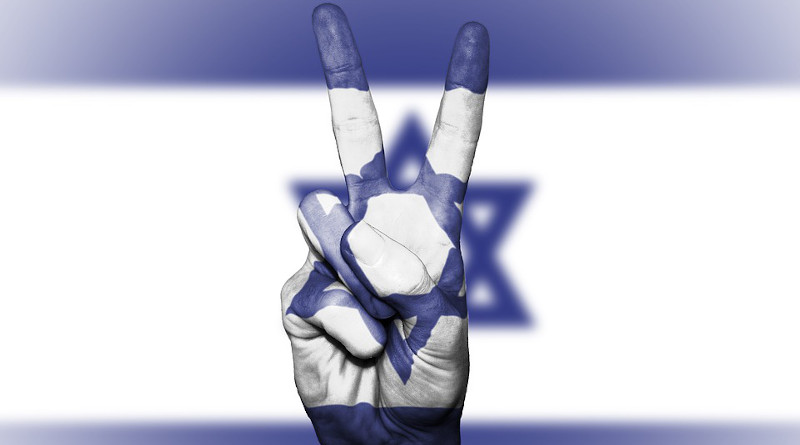Israel Fails To Suppress Human Rights Defenders – OpEd
By Ray Hanania
In 1975, the UN adopted a resolution that accurately described Zionism, a political movement, as “a form of racism.” A total of 72 nations supported Resolution 3379, while 35 nations opposed it. Another 32 nations abstained, likely fearing repercussions from the US, which sends billions of dollars of foreign aid to Israel.
The decision to designate Zionism as a form of racism came one year after the Palestine Liberation Organization was granted observer status, which ultimately opened the door to negotiations with Israel in the 1980s and the Oslo Accords in the 1990s. These eventually collapsed as a result of opposition from political extremists in Israel’s government.
One of Israel’s many demands was the revocation of the 1975 anti-Zionist declaration. In 1991, it was revoked by the UN in consideration of new efforts to achieve peace. Similarly, the PLO agreed to amend its charter to allow for the recognition of Israel.
Although the peace accords were killed off — along with their co-author, Israeli Prime Minister Yitzhak Rabin — the transitions that took place created new perceptions of Israel’s human rights abuses. During that period, many human rights organizations were formed, including B’Tselem, the Israeli Center for Human Rights in the Occupied Territories. B’Tselem and other organizations went on to shine a bright spotlight on Israel’s human rights abuses with the use of facts, video evidence and eyewitness testimony.
Israel’s defenders assert that it is singled out for criticism and that many Palestinian organizations engage in human rights abuses. The difference is, of course, that Israel is a sovereign government, and state sovereignty mandates an adherence to human rights and the rule of law — things Israel has consistently ignored.
Last month, Israel declared B’Tselem and five other human rights groups to be “terrorist organizations.” However, B’Tselem continues to enjoy widespread support among the international human rights and civil rights communities. It responded to the Israeli designation by insisting there was no evidence that would justify such a move.
If it wasn’t for these six organizations, the world would not know about many of Israel’s atrocities against unarmed civilians. Last week, for example, B’Tselem revealed that Israeli soldiers had in August shot dead a 15-year-old boy in the Balata Refugee Camp. The boy, Imad Al-Hashash, was shot in the head simply for filming the soldiers from the roof of his home.
The Israeli military issued a statement claiming the boy was shot as a result of a “violent” conflict that erupted as the soldiers were leaving the refugee camp. But B’Tselem proved that to be another Israeli lie.
Whenever Israel wants to brush aside a horrendous atrocity, it fabricates reports of violence that it claims were started by Palestinian “terrorists.” Normally in such situations, one would expect the media to investigate and report the truth of these violent confrontations. But, in Israel, journalists are censored and forbidden from providing the details of military missions. Most have been conditioned to remove such details from their reporting.
So the burden of exposing the truth instead falls on the shoulders of courageous organizations like B’Tselem, which investigated the Balata incident and declared that there had been no violent incident whatsoever — an Israeli soldier simply saw the boy filming and decided to shoot him in the head.
This doesn’t mean there will be any consequences for that action. However, the Al-Hashash murder adds weight to the growing evidence of Israeli human rights violations, which might help the rest of the world better understand why these six human rights organizations were designated as terrorist groups. As a result of its declaration, Israel can arrest these organizations’ leaders, employees and volunteers, and confiscate their equipment, including evidence of Israeli atrocities.
But they continue to work to expose Israel’s lies. Just last week, human rights organizations released a video of Israeli settlers attacking Palestinian farmers while armed Israeli soldiers watched on and protected the settlers. Thousands of olive trees on Palestinian farms have been uprooted by armed settlers under the watchful eye of the military during the harvest season in October and November.
Israel has silenced the news media inside Israel and the Occupied Territories. Pro-Israel organizations also have the US Congress in a political headlock, discouraging criticism by offering millions of dollars in political campaign donations.
But as long as it is unable to silence human rights organizations like B’Tselem, the stories Israel hopes to squash will continue to be told, exposing its true face.

